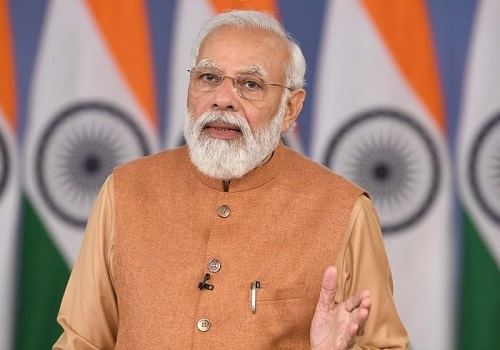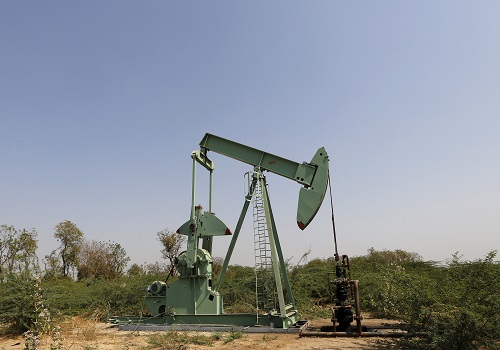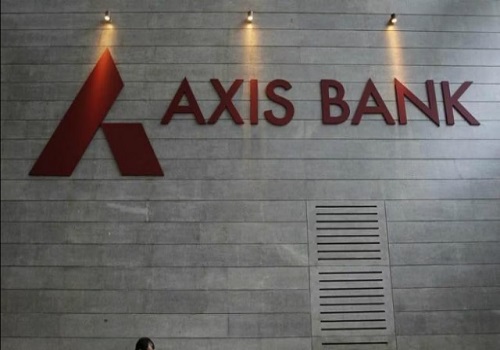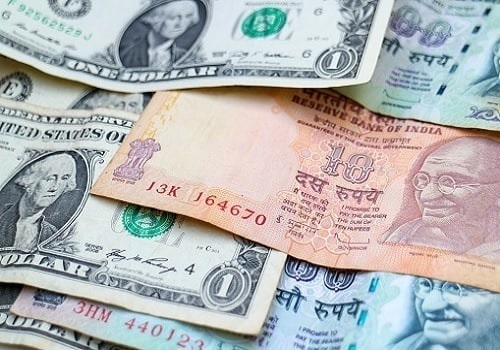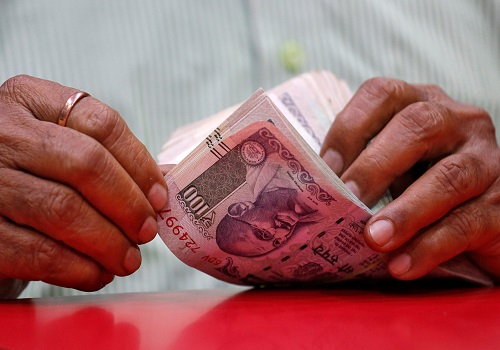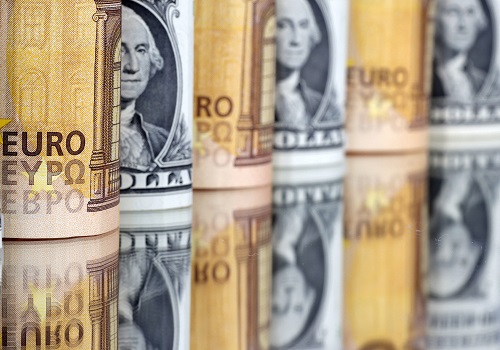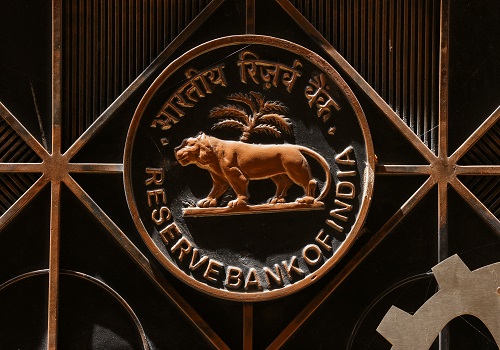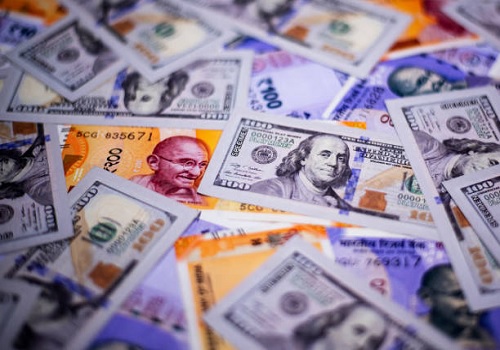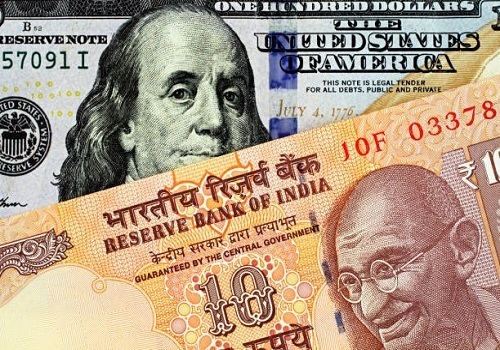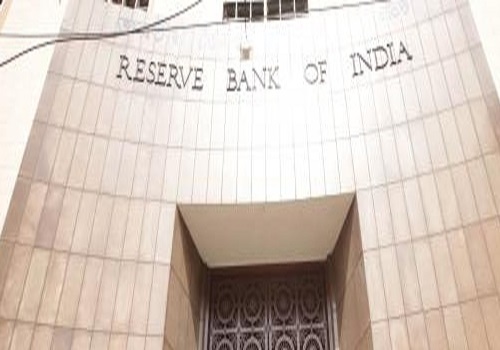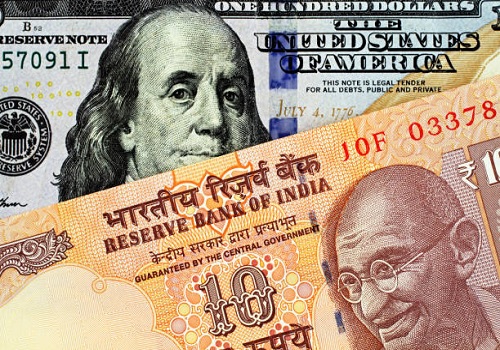No respite ahead for India's rupee, one in three expect 80 per dollar soon -Reuters poll
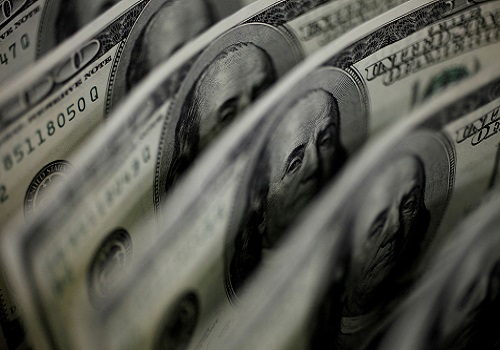
Follow us Now on Telegram ! Get daily 10 - 12 important updates on Business, Finance and Investment. Join our Telegram Channel
India's rupee will trade near its historic low in three months, battered by widening trade and current account deficits, according to a Reuters poll where nearly one in three analysts expected it to weaken to 80 per dollar by September.
A global stampede into safe-haven U.S. dollars on rising global recession risks pushed the Indian rupee to a record low of 79.40 against the greenback on Tuesday.
Although the Reserve Bank of India's intermittent dollar selling helped limit losses, higher global crude oil prices and steady capital outflows have widened its current account deficit which in turn has dragged down the rupee.
But the worst is still not over.
While the July 1-6 poll of over 40 foreign exchange analysts showed the rupee is now expected to trade around 79 per dollar by end-September, nearly one-third of respondents forecast it to be at a new historic low of 80 to the dollar or more.
Asked what will be the rupee's lowest point against the dollar over the course of the next three months, 21 analysts who answered an extra question gave a median of 80, with a range of 79.50-85.00/$.
"We are now living in a volatile and high-risk environment where forecasting is all about scenarios and with the U.S. inflation (rate) not showing signs of peaking as of yet, the Fed is likely to deliver perhaps another 75 basis point hike, not boding well for the rupee," said Sakshi Gupta, principal economist at HDFC bank.
"The momentum that we have seen in the rupee is signaling that there are a lot of global pressures with the market pricing a recession, dollar getting a leg up, foreign capital outflows, plus oil and commodity prices being extremely volatile."
While India remains the fastest-growing major economy, a weaker rupee, stubbornly high inflation, elevated oil prices and the Russia-Ukraine war pose the biggest downside risks.
As the U.S. Federal Reserve continues with its aggressive tightening cycle, the rupee may face a bumpy ride. Foreign investors have already pulled $13 billion from Indian stocks this quarter, the biggest since 2008, taking the total outflows so far in 2022 to over $30 billion.
"The rupee is currently being buffeted by two forces. On the one hand, you have worsening of the trade deficit on the back of a commodity price shock and on the other, capital outflows," said Prithviraj Srinivas, chief economist at Axis Capital.
"If you look at our current account deficit position, we are most likely going to see a doubling... versus last year."
RBI Governor Shaktikanta Das has repeatedly said the country's current account gap is manageable.
India's June trade deficit widened to a record high of $25.63 billion, following a rise in crude oil and coal imports, from $9.61 billion a year earlier.













